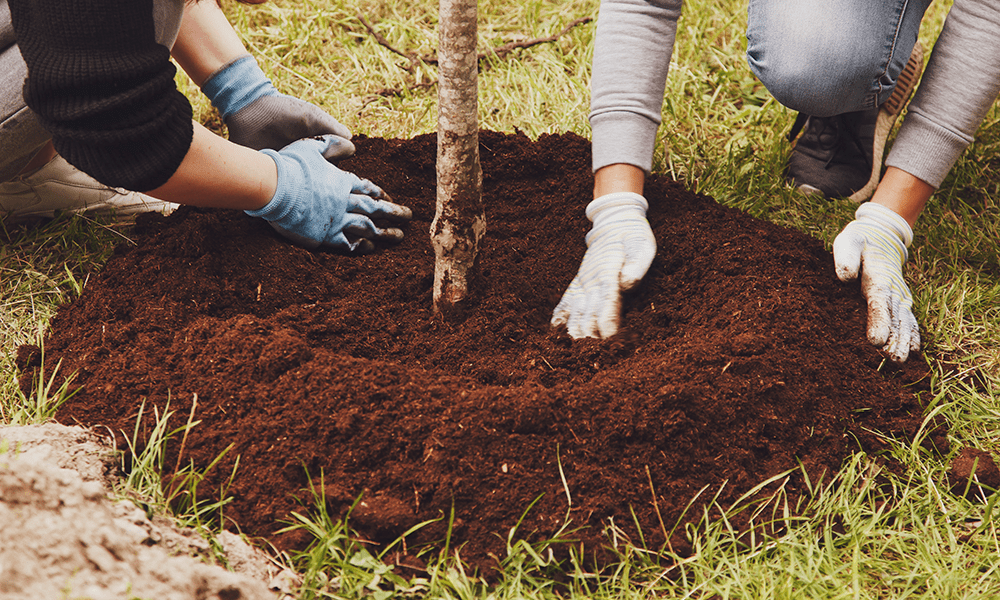Tree planting at JMU Edible Forest Garden
JMU News
On Friday, Oct. 15, 2021, students and volunteers from James Madison University will dig in to plant fruit trees and shrubs as part of the JMU Edible Forest Garden. The tree planting event will be held on the East Campus Hillside in front of the Integrated Science and Technology (ISAT/CS) building from 10 a.m. – noon.
The JMU Edible Forest Garden project is led by Mikaela Schmitt-Harsh, a professor of interdisciplinary liberal studies and biology at JMU and an ISA Certified Arborist. When asked to comment on the goals of this project, Dr. Schmitt-Harsh stated, “The primary purpose of a forest garden (also known as a food forest) is to produce nutritious food in a sustainable way, in a way that is modeled after forest ecosystems. We want to provide habitat for wildlife, build soil, sequester carbon, improve water and nutrient cycling and provide areas of beauty for visitors of the site.”
The JMU Edible Forest Garden will merge design principles that are common to permaculture orchards and natural woodland systems. Trees will be planted in rows, though a diverse assemblage of fruit trees, nitrogen-fixers and fruiting shrubs will be planted. Friday’s event kicks off the first phase of the project, with volunteers planting approximately 90 trees and shrubs in an area that is roughly 0.75 acres. The planting of the understory layers, including herbs, ground cover, root crops and other pollinator plants is expected to begin in the spring of 2022.
The project is intended to serve as an educational resource for the James Madison University campus. The design includes an outdoor learning space, which can be used to host classes, workshops and training programs. In the long term, Dr. Schmitt-Harsh would like for this project to serve as a model for other urban food forestry initiatives, whether it be on college campuses or in community spaces. “As urban areas expand and the number of people residing in cities expands, urban forests – including food forests – will become increasingly critical to sustaining environmental quality and human well-being. By teaching students how to plant and care for trees, we hope to empower them as environmental stewards and engage their interests in sustainability.”
The project was made possible by a generous donation from Danone N.A. through JMU Foundations, with additional support coming from the Virginia Department of Forestry.
For more information on the Edible Forest Garden, including how to volunteer visit: https://sites.lib.jmu.edu/foodforest/
